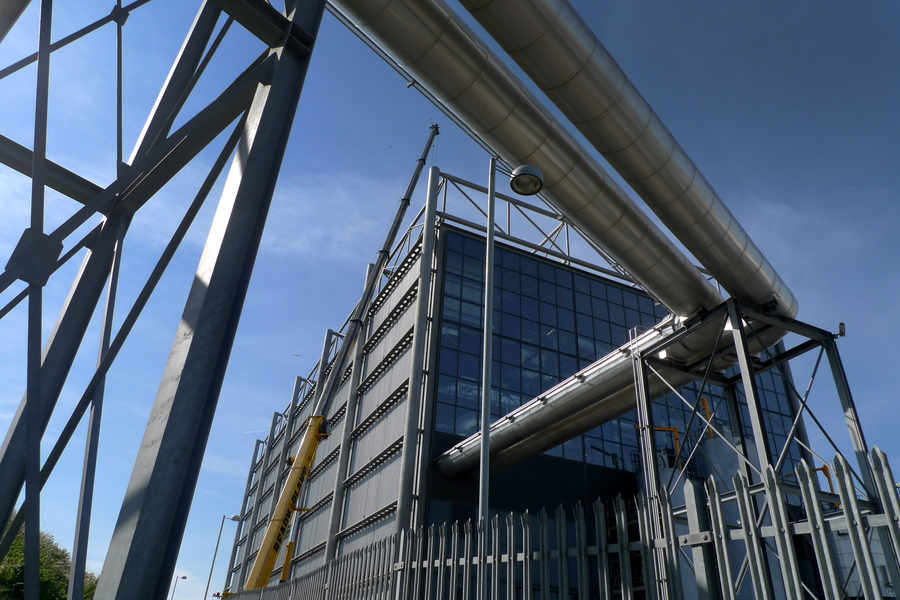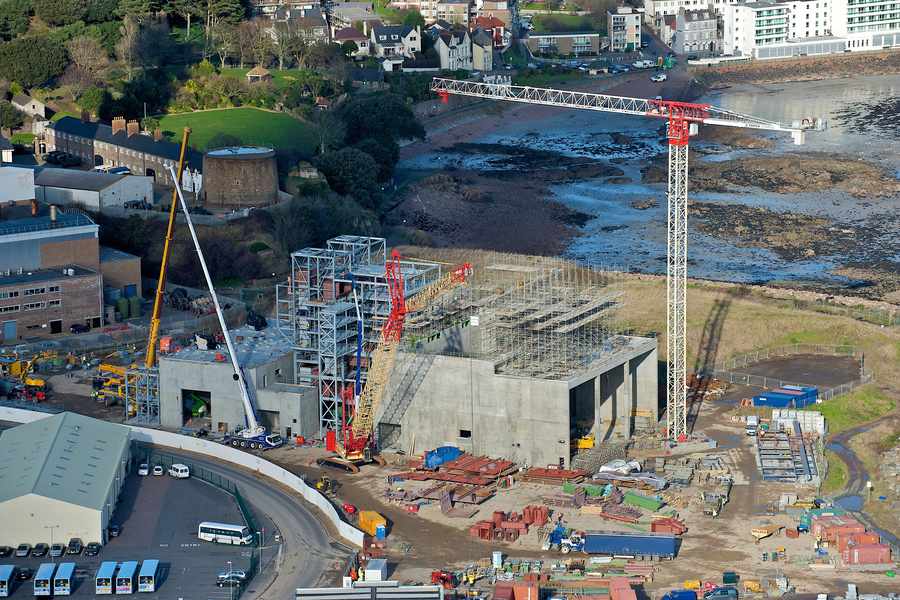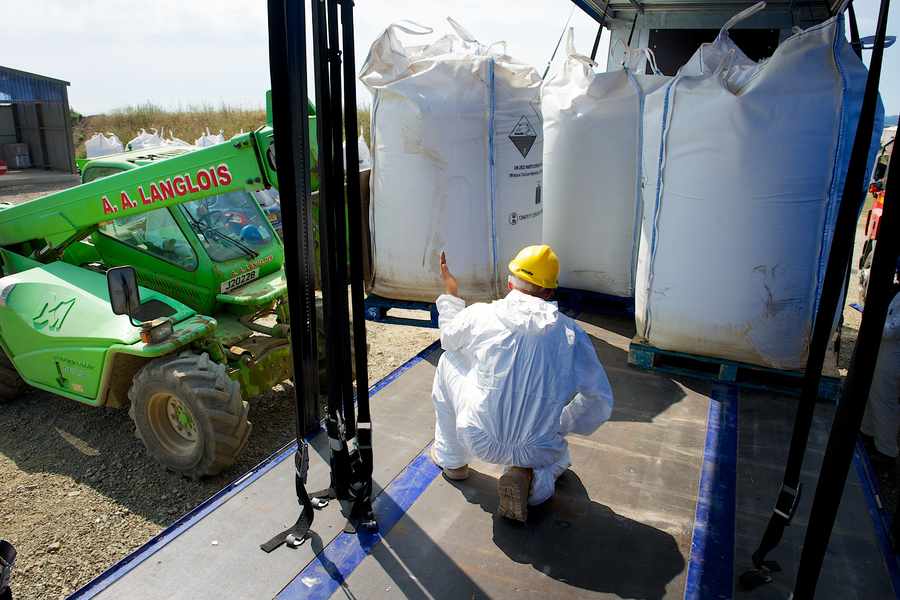- TTS want £2.8 million to cover a shortfall in revenue form the incinerator
- Low electricity prices mean its revenue has gone down
- Guernsey was also expected to be using the plant by now
- Are you a responsible bin user? Take our poll below
TRANSPORT and Technical Services are asking for £2.8 million of funding to fill a shortfall in income from the energy-from-waste plant.
Up to £1.3 million of the shortfall has resulted from a Europe-wide decrease in the price of power, which means the department is being paid nearly 30% less for the energy produced by the plant since budgets were set in 2012.
A further glitch is that TTS had expected Guernsey to start shipping its waste to the Island for processing this year, but Guernsey’s Public Services Department is still looking at options, leaving TTS with a shortfall of £1.5 million.
The total £2.8 million ‘spending pressure’, which is due to be reviewed as part of the next Medium-Term Financial Plan, came to light in the recent report on departmental underspends.

TTS director of operations Ellen Littlechild said: ‘When the Treasury put the budget together, the expectation was that TTS would receive waste from Guernsey by 2015, but Guernsey will not be deciding until 2016 or 2017. We are still trying to work with Guernsey – it’s a timing issue.’
At the end of last year a spokesman for Guernsey’s Public Services Department confirmed that Jersey was one of five potential plants – including facilities in Holland, Sweden and Belgium – which had been invited to provide more detailed costings.
Ms Littlechild also confirmed that in addition to the decrease in the price paid for power, less waste had been received at the plant as a result of the recession and also, potentially, because more Islanders were recycling. In 2003 the department dealt with 81,622 tonnes, whereas the average for the past four years has been about 70,000 tonnes.

The volume of cardboard has also been reduced since the demise of the Island’s fulfilment industry in 2011, following the closure of the Low-Value Consignment Relief VAT exemption in the UK.
Emma Richardson-Calladine, recycling manager at TTS, said: ‘The ending of the fulfilment industry has definitely had an impact on the amount of cardboard. Also, lots of manufacturers are improving their packaging and trying to be smarter and more environmental.’
She added that although the Island’s recycling rate had remained the same in recent years at about 32 per cent, there had been an increase in the recycling of ‘lighter’ materials, like batteries and electrical goods, which should not be thrown away in general rubbish.
‘What we’ve seen all over the world is that during a recession everyone’s pockets are affected, and even with grocery shopping people are a bit more conservative, which does have a knock-on effect. When people have a bit more money they replace things more frequently and might throw more away.
‘It does highlight a risk that as the economy recovers, so too will disposable behaviour,’ she added.

- The plant cost £110m to build, making it Jerseys largest ever capital expenditure.
- It is able to burn 110,000 tons a year.
- There are 5,173 plants on the bank screening the building from Havre des Pas and St Clement in the east.
- Waste that was burned in the past is now heated at 850 degrees for a minimum of two seconds
- The fire water tank outside the main building contains 1,000,050 litres of water and takes eight hours to fill.
- In 2011 it was reported that Jersey had a 30% recycling rate, which it hopes to increase to 36% by 2018.
- The incinerator produces around 7% of Jerseys electricity usage and more than double the renewable power generated from waste in the Island.





